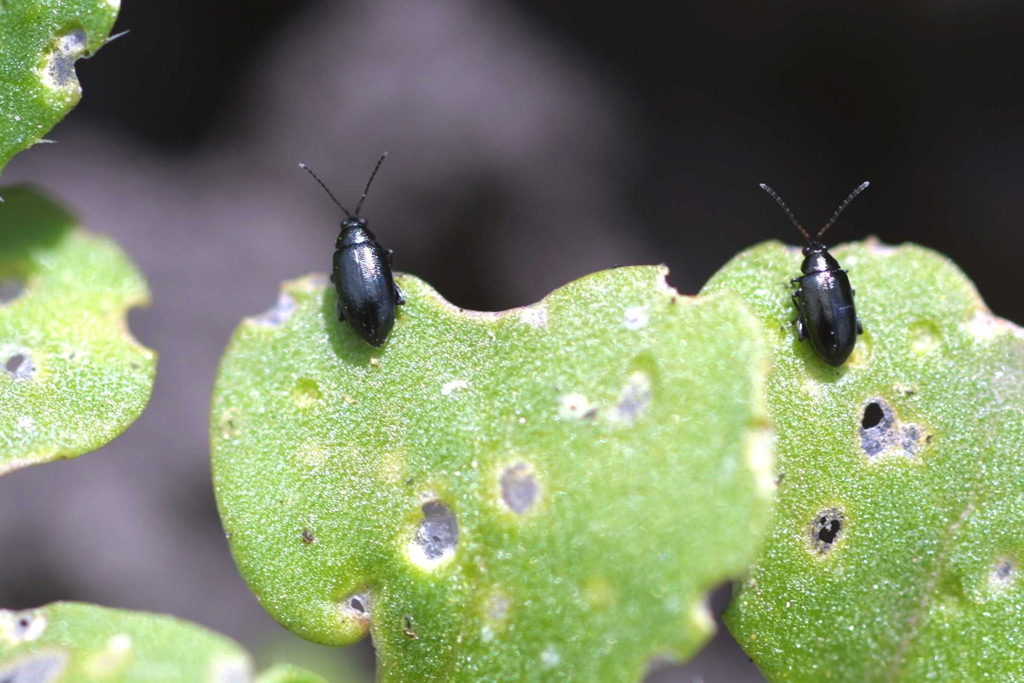Application for emergency use of neonics should be 'refused', says Government

The National Farming Union’s (NFU) application for an emergency authorisation for neonicotinoid seed treatments is not looking hopeful as Government advisors think it should be refused.
Two applications for the use of Cruiser OSR and Modesto as neonicotinoid seed dressings on oilseed rape were considered by the UK Expert Committee on Pesticides (ECP).
The applications were created to control cabbage stem flea beetle (CSFB), which UK growers say has devastated rape crops since neonicotinoids were banned in 2013.
A recent survey of 400 arable farmers who all grow winter oilseed rape (OSR) reports that 8.3 per cent of the crop this year has failed, mainly because of CSFB.
Because of the risks and dangers to pollinators, the committee appeared to side with refusal of the application rather than acceptance.
They also said no data had been submitted to indicate that a “moderate” threshold constituted an emergency.
However, the committee noted that CSFB could cause economic damage.
'Great news for bees'
Friends of the Earth’s nature campaigner, Sandra Bell, said: “Once again the NFU’s attempt to bring banned bee harming pesticides back into our fields has been shown to be flawed.
“It’s certainly great news for bees that this application has been rejected. Now we need a permanent ban on all uses of these pesticides.
“Farmers need support to find effective bee friendly ways to protect their crops, not the reintroduction of products that have been shown to harm essential pollinators and the other beneficial insects that help control pests.”
This week, a study showed that the full cost to farmers of the neonicotinoid ban in 2016 was £18.4 million and resulted in almost 28,800ha of lost crop.
Defra ministers will announce their final decision on the application this week.








